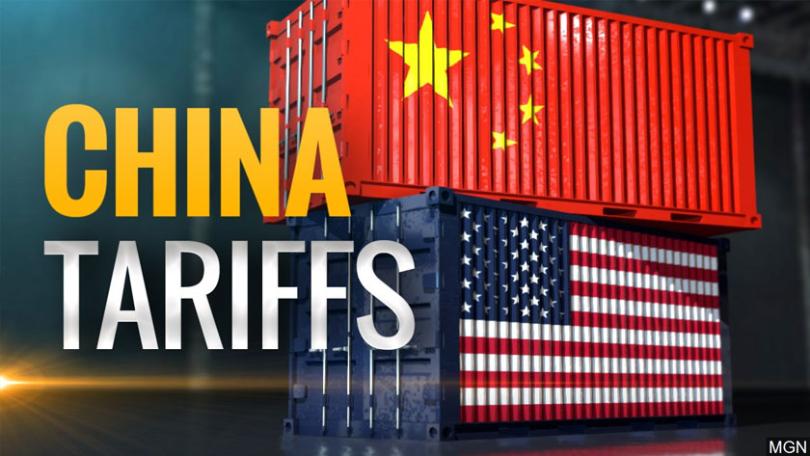The tariff cuts cover a variety of edible meals often used for animal feed, including sunflower and canola, while tariffs on U.S. soyabeans remain in place as China and the U.S. negotiate the terms of their trade during the 90-day truce announced at the beginning of December.
Soyabeans producers in the U.S. hope the talks will result in lifting of 25 percent tariff that China continues to impose on U.S. soybean imports. Such a decision would most likely help lift rates in the dry bulk shipping sector, boosting in particular, the tonne-demand.
However, market analysts cited by Reuters, see today’s decision to be preparation for a ” rainy day” and a substitute for soy.
Zero tariffs will be introduced to 94 items, such as fertilizers, iron ore, coal tar and wood pulp. Furthermore, the provisional tariff cuts will be imposed for aircraft engines as well as exports of a wide range of information technology products starting from July 2019.
In line with previously reached bilateral trade pacts, China plans to implement a more favorable import tariffs with New Zealand, Peru, Costa Rica, Switzerland, Iceland, South Korea, Australia and Georgia.
The ministry said that the move supports China’s Belt and Road initiative and free trade.
中國財政部今天宣布,自2019年1月1日起,中國計劃降低700多種商品的進口關稅。
關稅削減涵蓋了通常用於動物飼料的各種可食用食品,包括像日葵籽和油菜籽,然而美國大豆的關稅仍然存在,因為在12月初時中國和美國在開始時宣布的90天休戰期間談判其貿易條款。
美國大豆生產商希望此次談判將解除中國繼續對美國大豆進口徵收25%的關稅。這樣的決定很可能有助於提高散貨航運業的利率,特別是提高噸位需求。
不過,路透社援引市場分析師的話稱,今天的決定是為“未雨綢繆”和大豆的替代品做準備。
零關稅將引入94項,如化肥,鐵礦石,煤焦油和木漿。此外,從2019年7月開始,將對飛機發動機實施臨時關稅削減,並出口各種信息技術產品。
根據此前達成的雙邊貿易協定,中國計劃對新西蘭,秘魯,哥斯達黎加,瑞士,冰島,韓國,澳大利亞和格魯吉亞實施更優惠的進口關稅。
該部表示,此舉支持中國的“一帶一路”倡議和自由貿易。

Information source: World Maritime News Staff , Image Courtesy: Georgia Asian Times